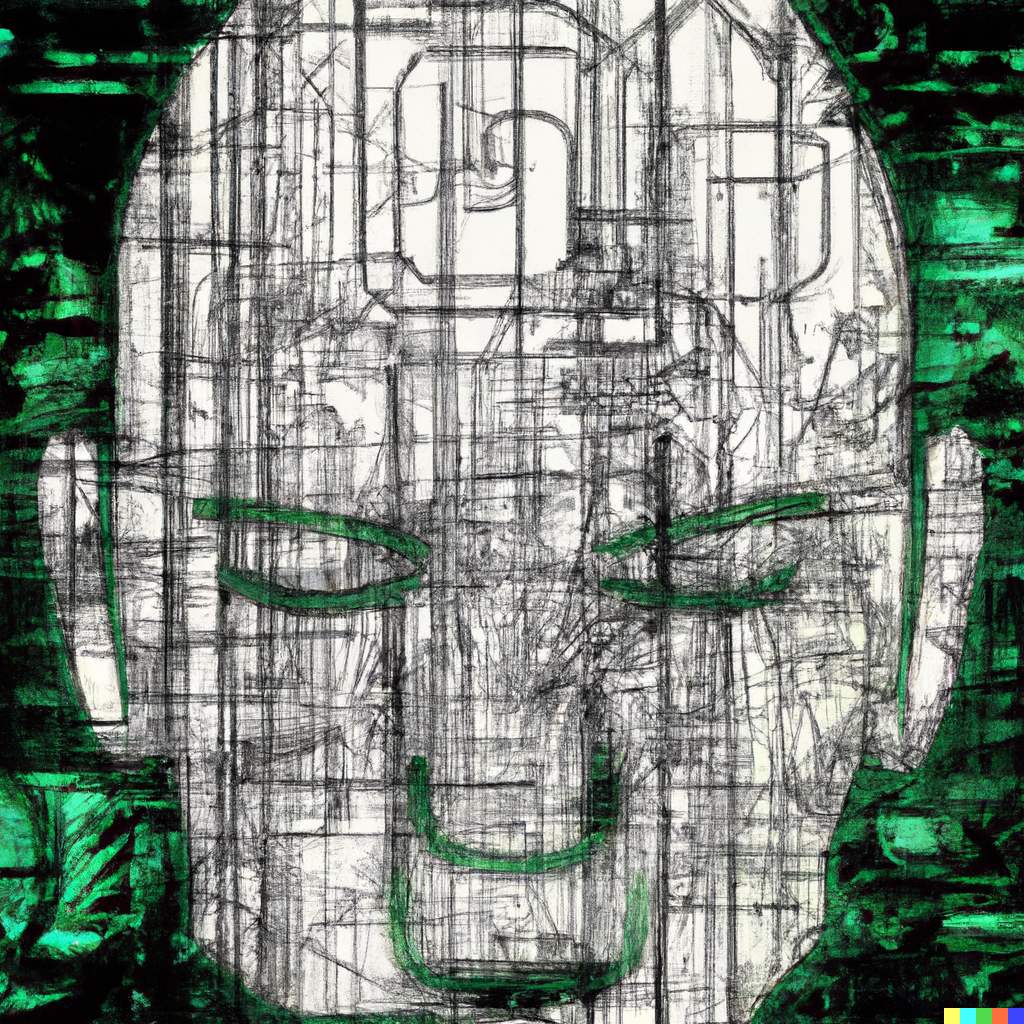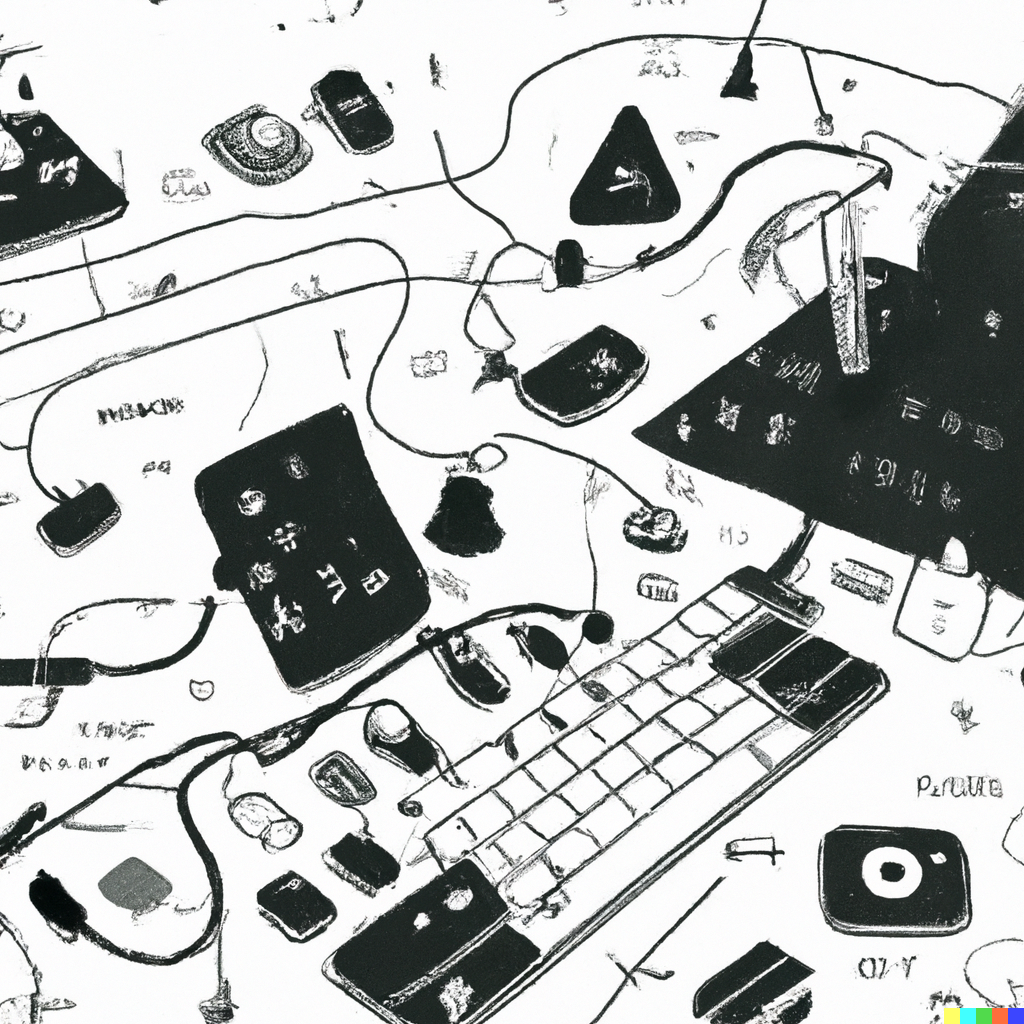

Maya Ifrim
The Reality of Generative AI in Gaming: Hype vs. Current Limitations
Unity Software has recently announced its plans to release a generative artificial intelligence (AI) marketplace for video game developers. The marketplace would allow developers to use AI technology, such as an artwork generator, to instantly create content. The trend of generative AI has become popular since OpenAI's ChatGPT launch last year, which has given unusually human-like responses and has the ability to generate computer codes. Major software firms have since announced a flurry of generative AI projects to capitalize on what is widely seen as game-changing technology.
Generative AI could allow video games to offer personalized scenarios based on player input, without needing a writer to create the dialogue. AI could also procedurally generate content, meaning that gaming content will remain ever-fresh, and players can enjoy a game for years and have a different experience every time. The arrival of generative AI will open a new paradigm of creativity in gaming.
One of the major challenges facing generative AI is the misunderstanding of where the technology is currently at. Many people seem to believe that generative AI can create games like Night City without human intervention. However, this is not the case, and the tools currently available are designed to produce specific outcomes.
Building an AI that can create entire game worlds like Night City would require custom-building an AI, which is currently not possible.
Another challenge facing generative AI is the corporate landscape. Games that have been developed without generative AI in mind would need total redesigns to accommodate and take advantage of this technology. This would be a significant investment, and it is not clear whether it would be worth it.
Nevertheless, there are some peripheral uses for generative AI in video game development. For example, text-based generative AI tools could help deepen conversation, but characters based on these language models are liable to go off on tangents. Deep learning methods could be helpful for generating filler for assets that are not meant to be the focus of the player's attention. Additionally, generative AI has a low barrier of entry, which could be helpful for prototyping or mood-boarding during a game's early concept phase.
In conclusion, there are challenges facing generative AI, such as the misconception that it can create entire game worlds without human intervention, and the need for significant investment to redesign existing games. Despite these challenges, generative AI has potential uses in text-based tools, generating filler for assets, and early concept phase prototyping. While the technology is still in its early stages, it has the potential to revolutionize the gaming industry in the future.

Image created by DALL.E

Maya Ifrim
Passionate React developer with a love for crafting beautiful and user-friendly interfaces.
